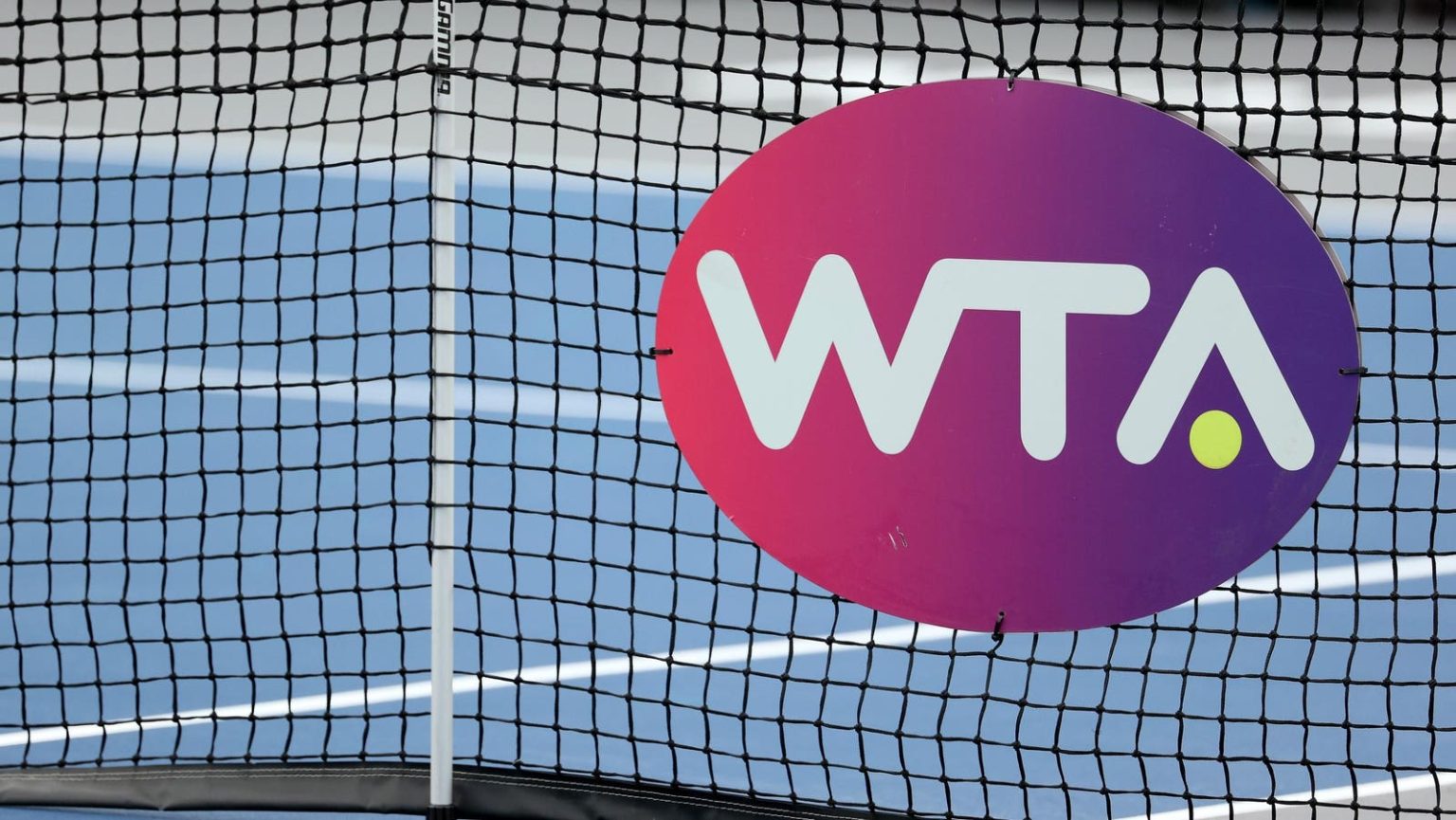Saudi Arabia has made a significant push into the world of sports with a series of high-dollar deals, including sponsoring the Women’s Tennis Association’s rankings for the next five years. The country’s Public Investment Fund became the naming-rights partner for the WTA, following a deal that saw the association’s championship series moved to Riyadh and prize money increased to a record-breaking $15.25 million. This move has been controversial, with critics pointing to Saudi Arabia’s history of human rights abuses and female oppression. However, the country has been making efforts to improve gender equality, such as lifting the ban on female drivers in 2018 and banning child marriages in 2019.
In addition to sponsoring the WTA, Saudi Arabia has also struck a deal to sponsor the ATP men’s rankings and host the leading tournament for 21-and-under players in Jeddah. Top players like Rafael Nadal have also been involved in promoting tennis in the region as ambassadors for the Saudi Tennis Federation. While some players like Iga Świątek have remained neutral on the partnerships with Saudi Arabia, others like Coco Gauff have expressed hopes for positive change through engagement in local communities. The country’s sudden and expensive moves in the sports world have raised concerns about “sportswashing” its human rights abuses, with critics calling attention to its low ranking on the World Economic Forum’s Global Gender Gap Report.
Despite criticism from some current and former tennis players, including Martina Navratilova and Chrissie Evert, who wrote an op-ed against the partnerships with Saudi Arabia, others like Billie Jean King have expressed support for engaging with the country to further the women’s rights movement. The issue has sparked debate within the tennis community about the ethics of partnering with a country with a controversial human rights record. While Saudi Arabia has made some progress towards gender equality, there are still major concerns about the treatment of women and LGBTQ individuals in the country. The country has spent billions on sports deals since 2021, including hosting major events like the Formula One Grand Prix and boxing matches, as well as investing in domestic football clubs and sponsoring the 2023 Women’s World Cup.
As Saudi Arabia continues to make inroads into the world of sports, the debate over the ethics of these partnerships will likely continue. While some see engagement as a way to promote positive change, others view it as a form of whitewashing the country’s human rights abuses. The involvement of top players and organizations in these deals adds complexity to the issue and highlights the need for a nuanced approach to balancing sports diplomacy with human rights advocacy. Ultimately, the impact of these partnerships on gender equality and human rights in Saudi Arabia will be closely watched as the country further establishes itself as a player in the global sports industry.


